AI for Good
International Telecommunication Union
Session 310
The 2022 United Nations Activities on Artificial Intelligence Report will be released at this session, and an update will be provided on the opportunities for UN partners to be involved in and contribute to the upcoming AI for Good Global Summit in July 2023.
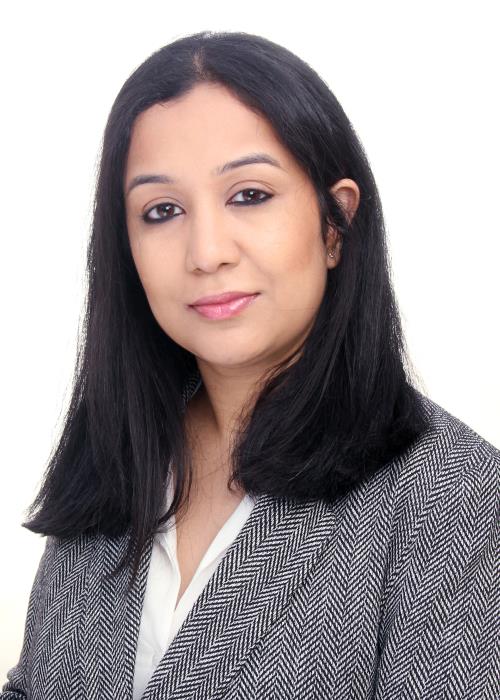
Sadhvi Saran is a Policy Analyst in the Emerging Technologies Division at the International Telecommunication Union (ITU) – the UN’s specialized agency on Information and Communication Technologies. A lawyer, with over a decade of experience spanning the private and multilateral sectors, her work focuses on international digital policy, particularly related to internet, security and AI. Prior to joining the ITU, Sadhvi has worked with the UN Global Compact, Mahindra & Mahindra, and Infosys Ltd. She holds a Master of Laws in International Law degree (LL.M.) from the Fletcher School of Law and Diplomacy, and a B.A.,LL.B. (Corporate Law Hons.) from the National Law University, Jodhpur.
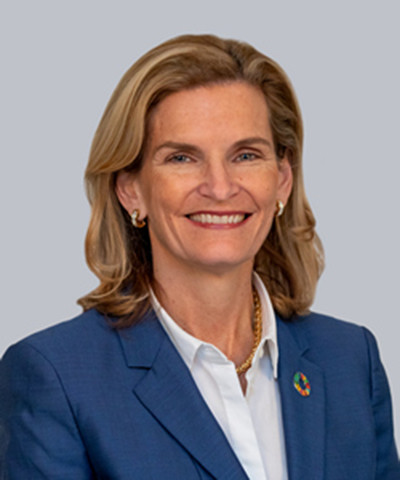
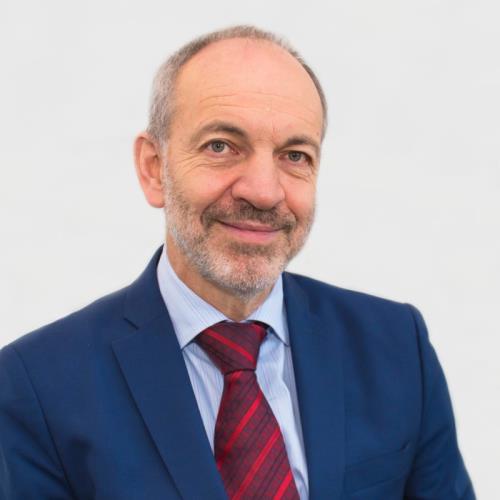
Dr. Reinhard Scholl is Deputy to the Director of the Telecommunication Standardization Bureau (TSB) since September 2002. Previously he has been with Siemens in Munich, Germany and with ETSI (European Telecommunications Standards Institute). He has also served on the ICANN Board. He received a Ph.D. in physics from the University of Illinois, USA.
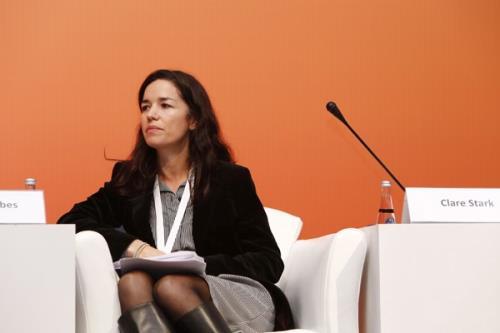
Clare Stark has 20 years of experience working in international relations and strategic planning. As UN Coordination Officer in the Priority Africa and External Relations Sector at UNESCO, she is responsible for enhancing UN system wide coordination on emerging technologies, including on artificial intelligence, biotechnology and neurotechnology and developing strategic partnerships with UN entities and the private and public sector. She co-chairs the High-Level Committee on Programmes Interagency Group on AI, bringing together 40 UN entities to strengthen the ethical development and deployment of AI to support the 2030 Sustainable Development Goals. Prior to this position, she served as Strategic Planning Officer in the Bureau of Strategic Planning at UNESCO where she supported the development of the Organization’s Medium-Term Strategy and Programme and Budget, and led on issues related to UN reform, sustainable development and multilateral cooperation. She has coordinated and contributed to a number of UNESCO’s publications. She holds a Master’s degree in International Environmental Policy from the Middlebury Institute of International Studies in Monterey, California and a Bachelor’s degree in Political Science from the College of Charleston. She is bilingual in French and English.
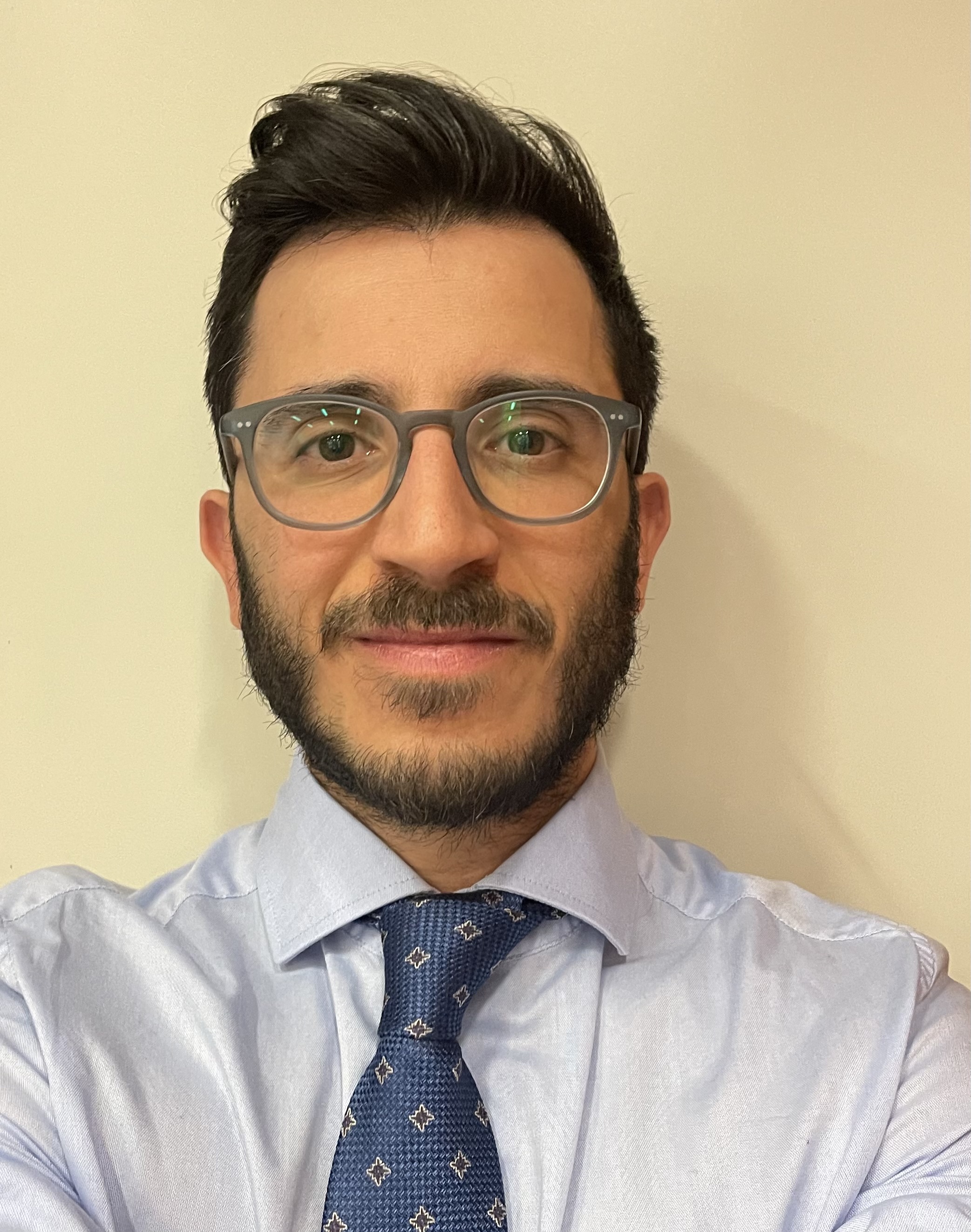
Matteo Barbarino is a scientist specialized in fusion science. As senior fusion expert at IAEA, he manages the Agency’s fusion research and technology programme, including organizing the IAEA’s flagship Fusion Energy Conference, coordinating various international activities and overseeing numerous managerial, editorial, outreach and educational projects. He also acts as focal expert for AI, the interface of nuclear science and diplomacy, and nuclear history.
Matteo holds a PhD in Physics and BSc in Electrical Engineering.

Dr. Rami Amin leads several initiatives at The World Bank and in collaboration with the IFC, developing insight to inform clients and Bank-financed operations on how to accelerate digital transformation, investment, and economic growth. His advisory work focuses on AI, cloud, 5G, data infrastructure, designing national technology strategy roadmaps, and developing innovative financing solutions to drive technology adoption in emerging markets. He is a lead author of the World Bank’s ‘Harnessing AI for Development’ Report, and also co-leading the Bank’s AI, Algorithmic Accountability, and Human Rights Project.
He also co-leads the World Bank’s Secretariat for Mainstreaming Digital and Disruptive Technologies, manages its thought leadership series on Digital Development, and was appointed The World Bank’s IEG MAR focal point on Mobilizing Technology for Development. Outside of the Bank he participates in various multi-lateral working groups bringing together leads from UN-based organizations to collaborate on AI and Data Governance, including GlobalPolicy.AI and the Global Forum for Law, Justice, and Development. He is also the Bank’s contributor to the United Nations Activities on Artificial Intelligence Report.
Dr. Amin was awarded a PhD / DPhil from Oxford, an MPP from Harvard, and was a policy and international affairs fellow at Princeton.
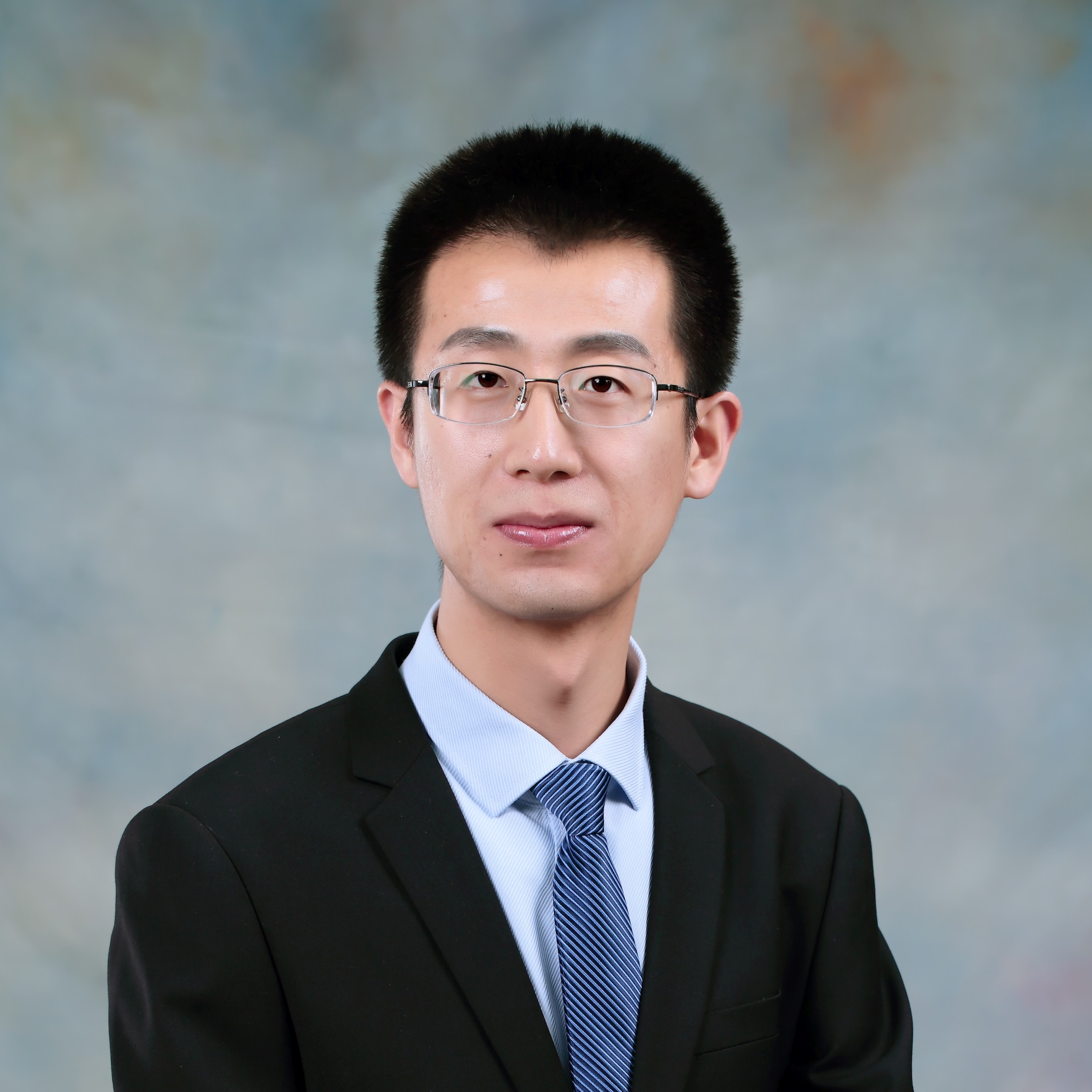
Jin CUI is a Junior Professional Officer at the International Telecommunication Union (ITU), focusing on research on emerging technologies, especially Artificial Intelligence. He is also an Assistant Professor at Beihang University (China).
Jin CUI received his Ph.D. degree from Beihang University (China) in 2019 and his B.Eng. degree from Taiyuan University of Technology (China) in 2013, respectively. His research interests include Cloud Manufacturing, Digital Twin for Electromechanical Systems, and Prognostic and Health Management. He has authored or co-authored more than 20 scientific articles in scholarly journals and conference proceedings in the above research areas.
-
 C5. Building confidence and security in use of ICTs
C5. Building confidence and security in use of ICTs
-
 Goal 1: End poverty in all its forms everywhere
Goal 1: End poverty in all its forms everywhere
-
 Goal 2: End hunger, achieve food security and improved nutrition and promote sustainable agriculture
Goal 2: End hunger, achieve food security and improved nutrition and promote sustainable agriculture
-
 Goal 3: Ensure healthy lives and promote well-being for all
Goal 3: Ensure healthy lives and promote well-being for all
-
 Goal 4: Ensure inclusive and equitable quality education and promote lifelong learning opportunities for all
Goal 4: Ensure inclusive and equitable quality education and promote lifelong learning opportunities for all
-
 Goal 5: Achieve gender equality and empower all women and girls
Goal 5: Achieve gender equality and empower all women and girls
-
 Goal 6: Ensure access to water and sanitation for all
Goal 6: Ensure access to water and sanitation for all
-
 Goal 7: Ensure access to affordable, reliable, sustainable and modern energy for all
Goal 7: Ensure access to affordable, reliable, sustainable and modern energy for all
-
 Goal 8: Promote inclusive and sustainable economic growth, employment and decent work for all
Goal 8: Promote inclusive and sustainable economic growth, employment and decent work for all
-
 Goal 9: Build resilient infrastructure, promote sustainable industrialization and foster innovation
Goal 9: Build resilient infrastructure, promote sustainable industrialization and foster innovation
-
 Goal 10: Reduce inequality within and among countries
Goal 10: Reduce inequality within and among countries
-
 Goal 11: Make cities inclusive, safe, resilient and sustainable
Goal 11: Make cities inclusive, safe, resilient and sustainable
-
 Goal 12: Ensure sustainable consumption and production patterns
Goal 12: Ensure sustainable consumption and production patterns
-
 Goal 13: Take urgent action to combat climate change and its impacts
Goal 13: Take urgent action to combat climate change and its impacts
-
 Goal 14: Conserve and sustainably use the oceans, seas and marine resources
Goal 14: Conserve and sustainably use the oceans, seas and marine resources
-
 Goal 15: Sustainably manage forests, combat desertification, halt and reverse land degradation, halt biodiversity loss
Goal 15: Sustainably manage forests, combat desertification, halt and reverse land degradation, halt biodiversity loss
-
 Goal 16: Promote just, peaceful and inclusive societies
Goal 16: Promote just, peaceful and inclusive societies
-
 Goal 17: Revitalize the global partnership for sustainable development
Goal 17: Revitalize the global partnership for sustainable development